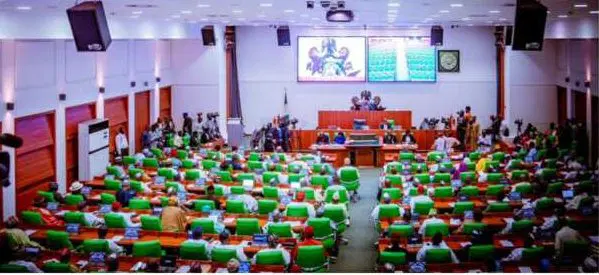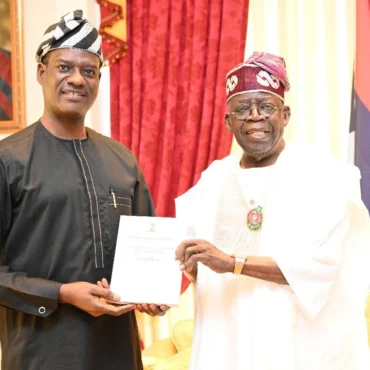The House of Representatives, on Wednesday, approved President Bola Tinubu’s request to the National Assembly, seeking approval to borrow $347m under the 2025–2026 borrowing plan.
The Speaker of the House of Representatives, Tajudeen Abbas, read the President’s correspondence on the floor of the Green Chamber during Wednesday’s plenary.
According to the President, the loan is necessary due to a rise in the funding needs for the Lagos-Calabar Coastal Highway project, whose cost increased by $47m, from $700m to $747m.
Justifying the loan request, the President said that when the borrowing plan was transmitted to the parliament, the lead arranger for financing only had financing commitments of up $700m from lenders, stressing that the shortfall in the financing was covered by export credit agencies.
He noted that $300m is needed for the Nigerian universal communications access project, a landmark telecommunications initiative aimed at bridging the digital divide through the deployment of 7,000 telecommunications towers across hard-to-reach rural dwellings.
Recall that in May, Tinubu sought the approval of the parliament to approve the 2025-2026 borrowing plan of $21.54bn, €2.19bn and ¥15bn, in addition to a €65m grant.
With the extra $47m for the Lagos-Calabar road project and $300 million for the universal communication access project, the initial $21.54bn has witnessed a marginal increase to $21.89bn.
On Wednesday, the House adopted the report presented by the Nasarawa lawmaker, Abubakar Nalaraba, who chairs the House Committee on Aids, Loans and Debt Management.
The lawmaker noted that despite increased borrowing, Nigeria’s debt portfolio “remains sustainable.”
The Deputy Speaker, Benjamin Kalu, who took over the plenary after the Speaker had left midway into the session, then approved the request.






Post comments (0)